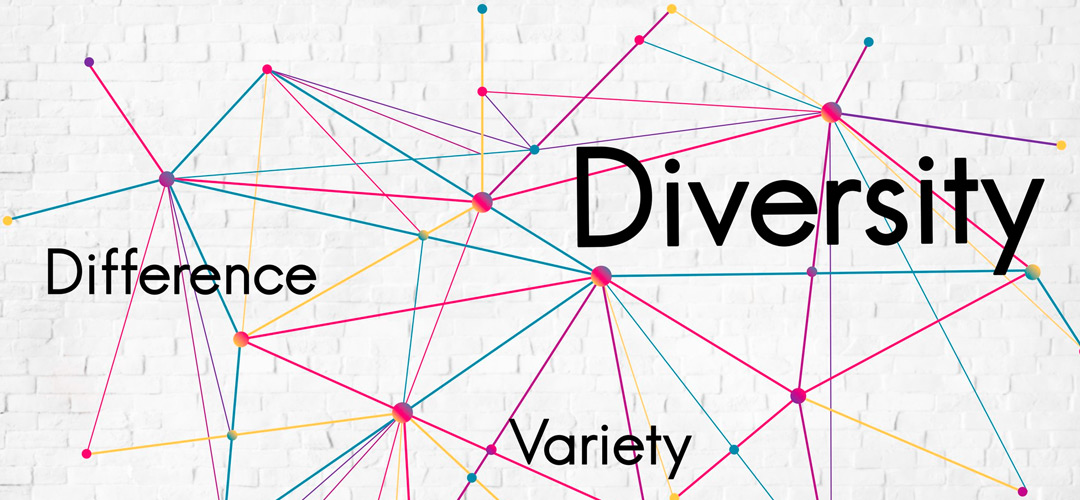INTRODUCTION
“Walmart leaps into TikTok acquisition fray, joining Microsoft’s bid” was The Washington Post’s 27th August 2020 online headline on news of the expression of interest by Walmart in TikTok. TikTok, the new sensational Chinese video-sharing social media application has been threatened with the United States (US) ban over security concerns following its current ownership, and many US companies are racing against time to acquire the company.
Whilst Microsoft could be using its bid to diversify its business within the technology industry, surprising to many is the move by Walmart which describes itself as “the largest retailer in the world” with approximately 11,500 stores under 56 banners in 27 countries and e-Commerce websites to bid for a video sharing application – a potential leap into the technology industry.
Walmart’s principal business activity over the years has been the retailing of consumer goods and services. The possibility for Walmart to make such an acquisition move which is principally not in line with its primary line of business signifies the practice of diversification and its accommodation by the laws of the United States.
Ghana’s new Companies Act, 2019 (Act 992) equally has provisions that anticipate how companies registered under the Act can engage in the practice of diversification. In this article, I shall discuss the concept of diversification and how Ghana’s Companies Act anticipates its practice.
DIVERSIFICATION AND ITS STRATEGIES
A business idea either in the form of product(s) or service(s) drives the formation of companies. The original idea of a product or service determines a company’s line of business. Without the original idea of a product or service structured into a business, business owners/entrepreneurs cannot conceive the idea of diversification. Diversification essentially is an attempt by an existing company/business to embrace a new line of products or services sometimes unrelated to its existing operations.
Often considered a challenging decision with extraordinary reward and risk, diversification could increase shareholders’ value or seriously impair the same. The scope of diversification that enhances compelling strategic intent must result in the formation of new/separate entities, mergers or acquisitions, or internal business operational alignments along with new products or service(s) offerings.
Influenced by the company/business assessment, a diversification strategy could be implemented either as horizontal, vertical, concentric, or conglomerate. Adopting a horizontal strategy implies the development and launch of new products or services with an appeal to the existing customer base of a company whilst vertical diversification involves new products or services flowing from the next or previous stages of a company’s production cycle. Concentric diversification focuses on a new product(s) or service(s) intending to fully utilize the potentials of prevailing technologies or marketing systems of a company. Lastly, diversification by conglomerate involves the development and launch of new products or services that have no relation to the current product and/or distribution channels of a company.
The permutation of the type of diversification strategy to adopt is solely not a choice to be exercised by the officers of a company. The extent of strategy must be permissible by law. The possibility of an existing company to branch (diversify) into a new product or service market is a subject matter regulated by law and considered for Companies limited by shares in Ghana in the following manner.
WAYS IN WHICH GHANA’S COMPANIES ACT ANTICIPATES DIVERSIFICATION
- BUSINESS OR COMPANY REGISTRATION
A person upon attaining the age of 18years and armed with a business idea is permitted by the Companies Act to commence the registration of a vehicle for this idea. The vehicle (a company limited by shares in this context) among others must state the nature of the proposed business where one intends to register with an “object” and give an indication of the type of the proposed company. Registering with an object implies stating what products or services one intends to engage in with the formation of the company. It is however not mandatory to register with an object, meaning one could register a company without any stated object rendering the company “a jack of all trades”. Additionally, one has the option of registering with a “constitution” (previously referred to as “regulations”). Registering with a constitution offers the opportunity to restrict the rights, powers, duties, and obligations of the company and its officers where necessary. However, where none is registered, the Act provides a standard one whose restrictions are as envisaged by the Act unless modified subsequently by a registered constitution.
A company registered under any of the above circumstances will be clothed with “powers” under the Act to act in ways consistent with its registration. The powers of the company ensure it carries on or undertakes any business or activity etc. Primarily, the exercise of the powers must be in furtherance of the existing business (object) of the company. However, the company may engage in any business or activity even where its registered constitution prohibits the same. This ensures that any business or activity is undertaken by a company whether consistent with its registered object or otherwise is to be considered an act of the company.
A legal analysis of these provisions implies that except for companies formed to carry on the business of banking, insurance, or any other business which is subject to special regulations, all other companies could diversify through the mere act of their officers.
Although this view is correct of the Act, companies are advised to deliberately make use of arrangements under the Act to modify their objects/constitution where there is a strong need for diversification before undertaking the same.
- MERGERS AND ACQUISITIONS
True to its nature, the Act provides for procedural matters in (dis)approval of a merger or acquisition transaction. However, I am strongly opposed to the grant of merger proposal approval powers to creditors of merging companies as this presents legal issues for the exercise of the powers of a company and procedural challenges for facilitating mergers or acquisitions in Ghana.
The reason(s), justification(s), and assessment(s) of any merger or acquisition proposals are left entirely in the domain of the officers of a company. In the performance of their fiduciary duties as corporate decision-makers, officers including directors and shareholders may (dis)approve of a merger or acquisition proposal to drive synergies for the company’s operation, inject new resources in terms of money, new technologies, human resource, or promote competitive business operations generating new revenue streams among others.
The underlying reasons for mergers or acquisitions could lead to diversification where need be. The resultant company structure from an approved merger or acquisition transaction is permissible under the Act either in the form of the amalgamation of existing companies, the formation of a new company, or continuation of existing ones within the framework of their original object or modified in line with new strategic intents.
The premise of these arrangements is the anticipation of the Act of the need to empower companies to strategically grow and develop even if the same will result in the change of their original object(s).
- SUBSIDIARIES
Ghana’s Companies Act recognizes the formation of subsidiaries. The legal relationship between a subsidiary and a holding company is influenced by ownership or beneficial interest or control issues. The formation of a subsidiary company is a practical legal vehicle for holding companies (existing) to diversify business operations. Most subsidiary companies may be amalgamated into a group of companies under related identities, brands, or corporate structures for prudent management and leverage of common resources.
Formation of subsidiaries as part of diversification strategy although allowed under the Act could in practice pose risks for management and financing of operations. Significant interdependence among subsidiary companies can be problematic within the holding structure where diversification decisions are not properly contingent on sound market insights etc.
Notwithstanding the history of subsidiary companies (conglomerate) management in Ghana, it remains a recognized regulatory structure for diversification of business operations.
CONCLUSION
The growing competitive nature of Ghana’s business ecosystem demands continuous strategic decisions on how to grow, maximize the utilization of existing resources and escape from unattractive and collapsing industries. These strategic decisions may result in the change (diversification) of the company’s original object(s) following the impact of new technologies, Covid-19, competition, etc. Officers of registered companies should embrace the opportunities under the Companies Act, 2019 (Act 992) and diversify in line with acceptable forms.
The writer is Richard Nunekpeku, a lawyer and reachable at richard@sustineriattorneys.com


